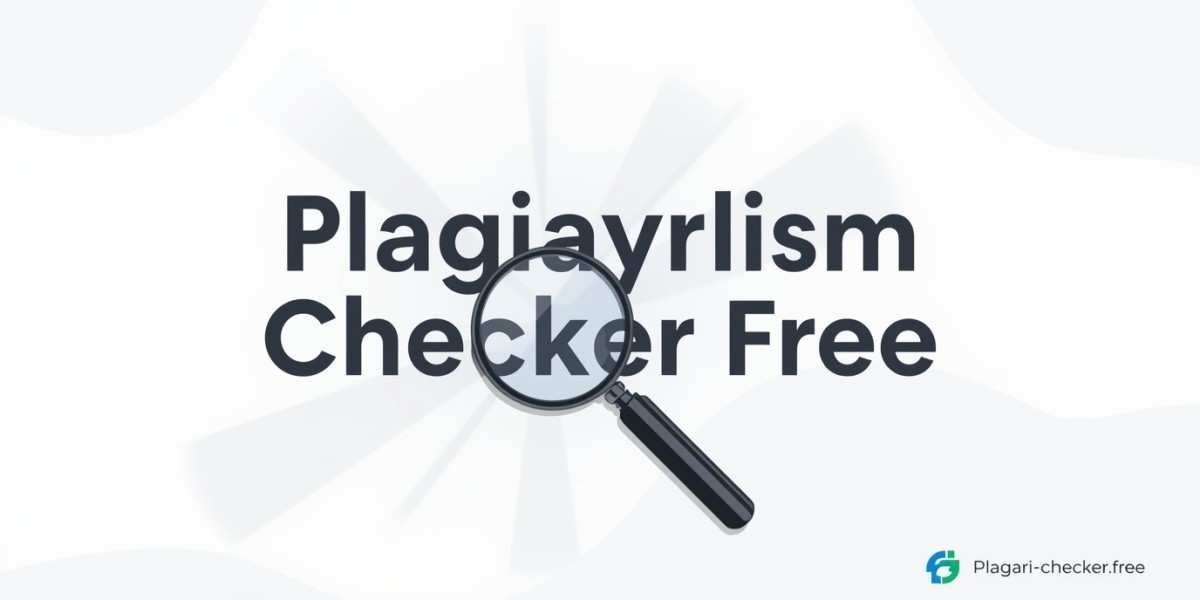Introduction to Open Source Plagiarism Checkers
Plagiarism is a growing concern in academic and professional writing. To combat this, many tools are available, but open-source plagiarism checkers offer transparency and customization. Unlike proprietary software, open-source tools allow users to modify and improve the code, making them a preferred choice for developers and educators. These tools help detect copied content while ensuring data privacy since the code is publicly accessible.
Open-source plagiarism checkers are particularly useful for institutions and individuals who need a reliable solution without recurring costs. They often come with community support, ensuring continuous updates and improvements. Whether you're a student, teacher, or content creator, using an open-source plagiarism checker ensures ethical writing practices without compromising on functionality.
How Open Source Plagiarism Checkers Work
Open-source plagiarism checkers scan text against online sources and databases to identify duplicate content. They use algorithms to compare submitted text with existing publications, academic papers, and web pages. Some tools integrate machine learning to improve accuracy over time.
Since these tools are open-source, users can adjust the sensitivity of scans or add custom databases for specialized checks. This flexibility makes them ideal for universities and businesses with unique requirements. Additionally, many open-source options support multiple languages, broadening their usability across different regions.
Benefits of Using a Free Plagiarism Checker
A Free Plagiarism Checker provides accessibility to users who cannot afford premium tools. Students and small businesses benefit greatly from cost-free solutions that still deliver accurate results. Open-source options go a step further by allowing customization, ensuring the tool fits specific needs.
Another advantage is data security. Proprietary tools may store user data, raising privacy concerns. Open-source alternatives let users host the software locally, keeping sensitive information secure. Furthermore, community-driven development means frequent updates and bug fixes, enhancing reliability without additional costs.
Top Open Source Plagiarism Detection Tools
Several open-source plagiarism checkers stand out for their efficiency and ease of use. Tools like Plagiarism Checker X, Viper, and Turnitin (with open-source alternatives) offer robust scanning capabilities. These solutions support batch processing, multiple file formats, and detailed reporting.
Developers can integrate these tools into learning management systems (LMS) or content management systems (CMS) for seamless plagiarism detection. Educational institutions often modify these tools to align with their academic integrity policies, making them a versatile choice for large-scale deployments.
How to Choose the Right Open Source Plagiarism Checker
When selecting an open-source plagiarism checker, consider factors like accuracy, database coverage, and ease of integration. Look for tools with active developer communities, as they ensure ongoing support. Customization options are also crucial if you need tailored solutions for specific use cases.
Additionally, check for compatibility with your operating system and required programming languages. Some tools may need additional configurations, so technical expertise might be necessary. Reading user reviews and testing different options can help determine the best fit for your needs.
Conclusion: Embracing Ethical Writing with Open Source Tools
Open-source plagiarism checkers provide a powerful, customizable, and cost-effective solution for detecting copied content. They promote transparency and data security while supporting ethical writing practices. Whether for academic, professional, or personal use, these tools ensure originality without the high costs of proprietary software.
By leveraging open-source technology, users gain access to continuously improving tools backed by a global community. Adopting these solutions not only helps maintain integrity but also fosters innovation in plagiarism detection methods. Explore available options today to find the best open-source plagiarism checker for your needs.








